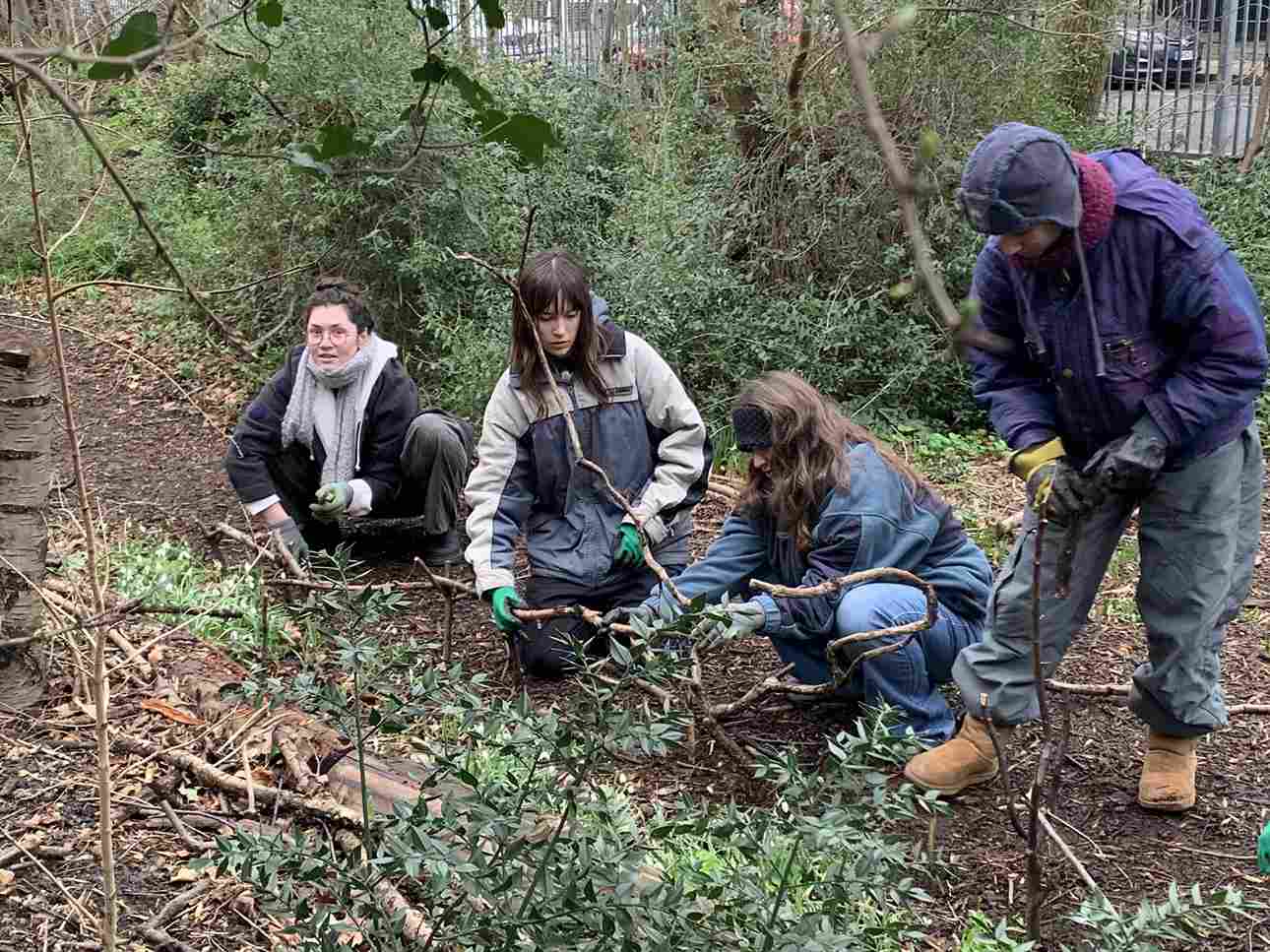
Strategies and Perceptions for Reducing Household Food Waste

Summary
Households contribute 70% of all food waste and whilst waste-to-landfill is decreasing, waste management methods focus primarily on redistribution (such as food banks, and initiatives like ‘Too Good To Go’) or greener alternatives such as composting. The caveat here is that food waste is a symptom of excessive consumption and poor household food management and as such, waste redistribution does not address the drivers of the problem.
How can households be incentivised to reduce food waste? Is it possible to regulate household food practices? Is it possible to target excessive consumption practices? This project uses a systems and game theory approach to investigate possible interventions aimed at reducing household food waste.
Approach and Methodology
This project started by looking at collaboration to improve industry ESG and waste practices - only to realise that industry are doing a lot of collaborative work already with lots of incentives to go green. So I dived into the data, and the material with the worst recycling rates? Food waste.
Diving further, I discovered that along the food-chain, industry again has lots of incentives to reduce waste and have began collaborating to redistribute waste. Yet the stakeholder with little incentive whilst also producing 70% of the total waste stream? You guessed it, households. So I narrowed my analysis to where the data took me and began interviewing people about their food and purchasing habits, mapping the system with support from the literature.
I identified possible intervention points, such as a food waste tax and alternative retailer discount strategies, and surveyed young households to determine their responses to these various interventions. A game theory analysis allowed me to break down and discuss various responses to the interventions proposed.
The disciplinary perspectives that have emerged throughout this project are economic and psychological perspectives on the theory of abundance, marketing theories on impulsivity, circular economy theories from environmental economics, and political perspectives on regulating the household.
Proposal/Outcome
Beyond Outcomes
Want to learn more about this project?


Overall LIS Journey
Other Related Projects
Back to the repository


- A Pilot Based on Heathrow's Sustainability Goals

.svg)






